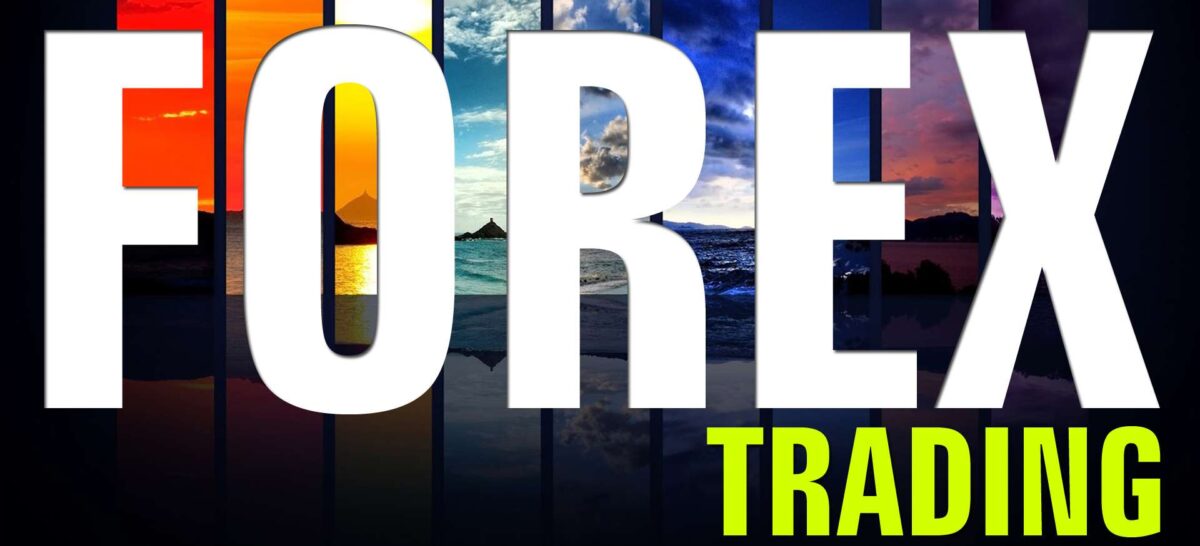
In an more and more advanced and interconnected international financial system, conventional funding methods centered on benchmarks and indices are being challenged by extra dynamic approaches that emphasize secular progress traits.
Analysts at UBS International Analysis counsel that thematic fairness investing, which shuns the standard benchmark-driven mannequin in favor of a deal with long-term secular progress traits, gives a compelling different for buyers in search of to navigate the uncertainties of the trendy world.
Understanding secular progress traits
Secular progress traits are long-term, transformative shifts within the international financial system and society. These traits, sometimes called megatrends, embrace technological developments, demographic adjustments, and shifts in environmental sustainability.
In contrast to cyclical traits that fluctuate with the financial cycle, secular traits are persistent and pushed by elementary adjustments in society.
These embrace the rise of synthetic intelligence (AI) and robotics, modern healthcare, local weather options, and the continued evolution of power infrastructure.
The facility of megatrends in a posh world
As per UBS International Analysis, specializing in secular progress traits will be notably advantageous in at present’s advanced and quickly altering world. The COVID-19 pandemic, geopolitical tensions, and the shifting international order have all highlighted the constraints of globalization and uncovered the vulnerabilities in provide chains and nationwide safety.
As international locations more and more prioritize nationwide pursuits and search to bolster their financial resilience, megatrends comparable to AI, renewable power, and healthcare innovation are prone to drive future progress and funding alternatives.
As an example, the fast growth of AI and robotics is remodeling industries past manufacturing, together with agriculture, logistics, and healthcare. These applied sciences have gotten extra inexpensive, simpler to make use of, and more and more built-in into numerous sectors, making them important drivers of future financial progress.
Equally, the push for local weather options, spurred by the pressing want to handle local weather change, is reshaping industries and creating new funding alternatives in renewable power, energy-efficient applied sciences, and sustainable infrastructure.
Secular progress as a hedge in opposition to uncertainty
Investing in secular progress traits gives a method to hedge in opposition to the uncertainties of the financial cycle and the unpredictable affect of short-term occasions. Whereas financial cycles, political shifts, and market volatility can disrupt conventional funding methods, the long-term nature of secular progress traits gives a secure basis for portfolio building.
By specializing in industries and sectors poised to profit from these enduring traits, buyers can place themselves to seize sustained progress over time.
UBS analysts notice that whereas the short-term outlook for some sectors could also be difficult attributable to elements like geopolitical conflicts or rising rates of interest, the underlying energy of secular traits stays intact.
For instance, regardless of the short-term setbacks in clear power investments attributable to geopolitical occasions, the long-term crucial to transition to a low-carbon financial system continues to drive innovation and create new alternatives.
The necessity for selective investing
Nevertheless, UBS International Analysis cautions that profitable thematic investing requires a deep understanding of the industries and applied sciences concerned.
As legacy incumbents wrestle to adapt to those disruptive adjustments, new entrants and innovators are prone to emerge because the winners of tomorrow. Traders have to be extremely selective, figuring out the businesses greatest positioned to capitalize on these traits whereas avoiding these that could be left behind.
The important thing to unlocking the potential of secular progress traits lies in recognizing the elemental shifts occurring within the international financial system and aligning funding methods accordingly.
